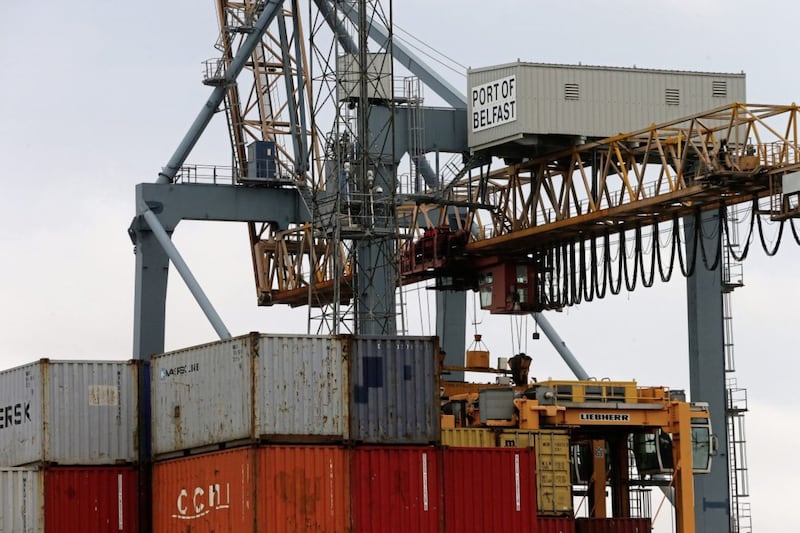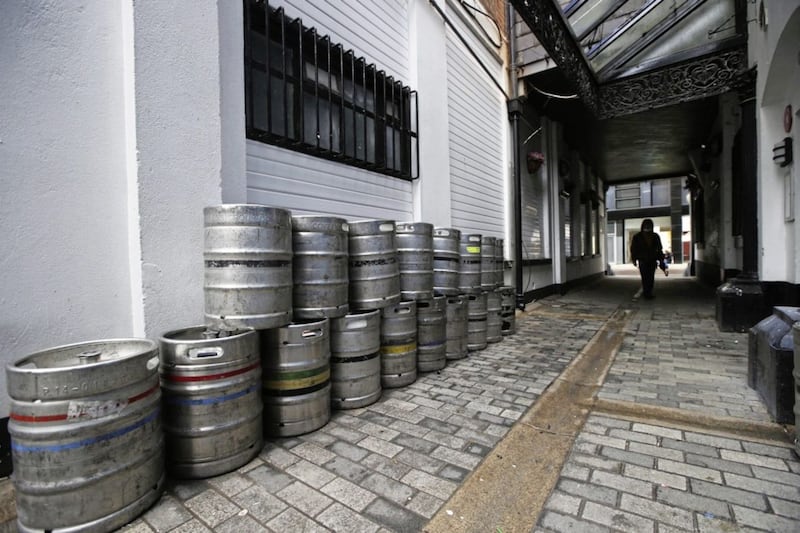MOUNTING costs and pressure on labour availability are negatively impacting business confidence in Northern Ireland, a new survey has revealed.
The Quarterly Economic Survey findings, published by the Northern Ireland Chamber of Commerce and Industry and BDO NI, said expectations to raise prices are the highest on record since before the financial crash of 2008.
The survey said 62 per cent of manufacturers and 60 per cent of service businesses expect to increase prices in the next three months.
Three in five firms (58 per cent) saw costs rise by six per cent or more in the latest quarter surveyed.
For one in 10 firms, business costs have risen by more than 20 per cent over the last nine months.
The survey said there are multiple and interlinked drivers of these cost pressures including the impact of the Northern Ireland Protocol, rising raw material costs, rising energy costs, wage increases and supply chain disruption.
Ann McGregor, chief executive of the NI Chamber, said: "While it is certainly positive to see signs of economic recovery in Northern Ireland, conditions remain extremely fragile and challenging for firms in both manufacturing and services.
"We have seen some really positive momentum build in business recovery and for some sectors and businesses, sales performance is now very strong.
"However, business trading conditions are undermining these gains with a combination of higher costs, supply-chain and logistics problems, increasing labour shortages and wage pressures.
"Taken together, these elements are beginning to erode business confidence despite the amazing effort by firms to build back from the pandemic.
"Profitability is being squeezed to the point where businesses have no alternative but to consider increasing prices, a decision that isn't taken lightly by our members at this time."
She added: "These survey results clearly indicate that our post pandemic economic recovery is losing some of its momentum.
"To keep business recovery in Northern Ireland firmly on track, any decisions by the UK government, for example, in the forthcoming Budget and spending review, should focus on actions that reduce, rather than increase, costs for Northern Ireland businesses and support the levelling up agenda that we keep hearing about.
"One such action which we would support would be the introduction of a moratorium on all policy measures that increase business costs for the remainder of this parliament."
Brian Murphy, managing partner at BDO NI, added: "Although these results are mixed, it's important that we assess them in the context of the last two years of upheaval and uncertainty.
"We recognise the concerns many firms have but we are also able to report that for many they are returning to pre-pandemic levels of business. It is remarkable to see how far we've come and how resilient our local businesses have been."








